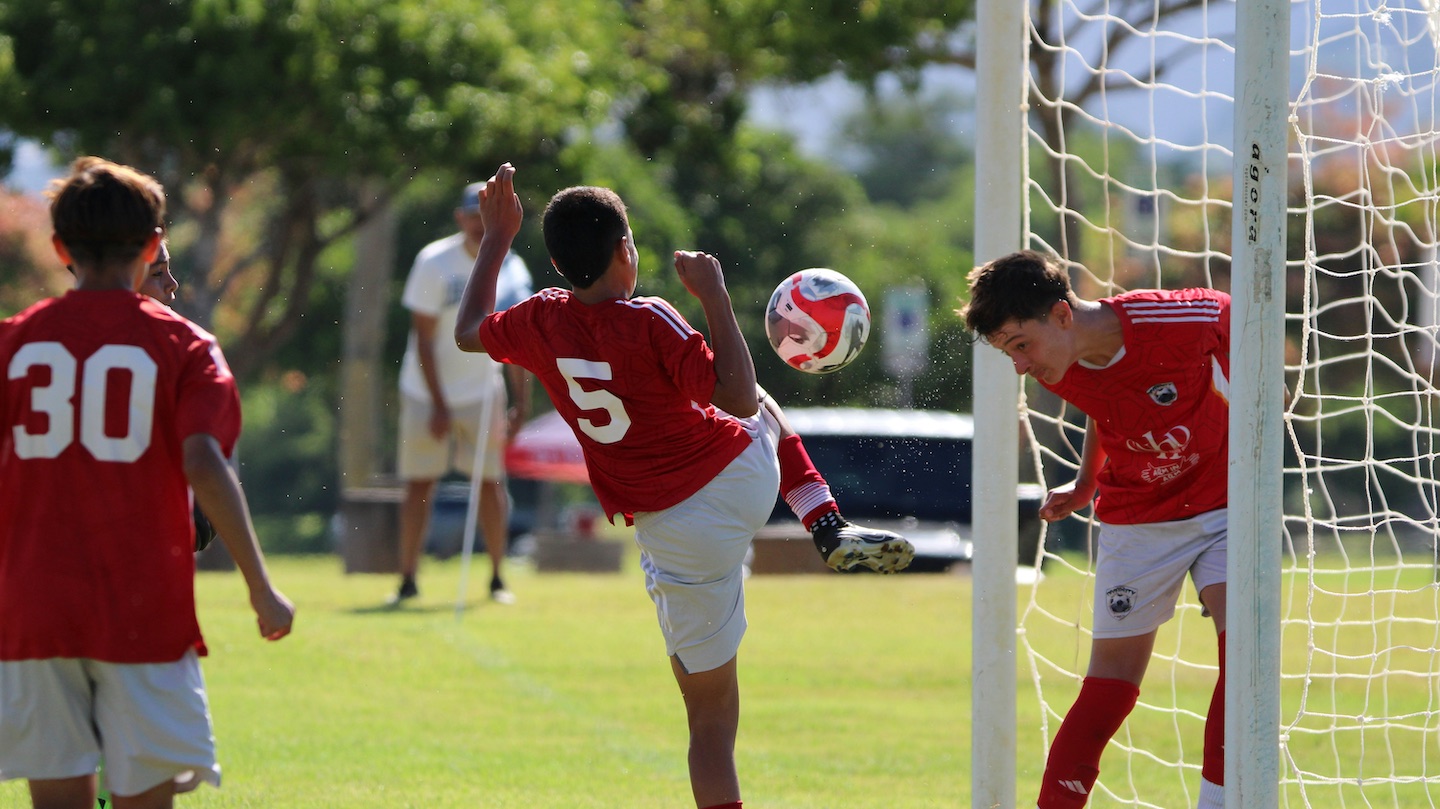In the close to 50 years that I have been refereeing, I’ve seen a minority of games where one team is clearly overmatched. Everybody (or nearly everybody) at the field feels compassion for the overmatched squad and wants to avoid the score getting out of hand. Some coaches of the winning team have even come up to me at halftime seeking ideas on what to do to avoid a lopsided score so here are some ideas for players, refs and coaches:
Players on Overmatched Squads
The temptation is to hang your head and stop trying when the other team is much better and keeps scoring but that will only make the score worse. My suggestion is to understand they are better, not get frustrated and the only way to get to their level one day is to keep trying and practicing.
I took French for eight years in high school and college and after graduating in 1984, had little opportunity to practice French as the immigration patterns changed. But I was able to maintain some conversational French by watching videos and speaking it whenever the few chances arrived. Two years ago, I joined the Centereach French Club and we meet every week. My French level is not at the level of most of the others as they are native French speakers, French teachers or both. Rather than get frustrated, I understand they’re better, keep trying and I’m happy to say that I can participate more two years later as my French has improved.
Referees
The temptation is to ref according to the score. But to not whistle a penalty kick for the team leading 7-0 for the trip in the penalty area could lead to retaliation. Referees treat both teams equally, no matter the score and especially need to be on the lookout for deliberate fouls by frustrated players in non-competitive games.
Coaches of Winning Teams
Coaches try a variety of methods to keep the score down. I find that these four things work best:
• Move the top forward(s) on the team to defense or goal and vice versa
• Play low-pressure and let the overmatched team get some confidence with the ball and do not pressure them until the ball is near the halfway line
• Take shots only from outside the penalty area
• Upon getting possession of the ball, play back to the goalkeeper. This spreads the field and gives the keeper an opportunity to be involved in the game.
In a recent Boys-Under-12 game, one team was up 5-0 at halftime and the winning coach asked me what he should do to not run up the score. I told him, “You have two very good forwards up top who are much bigger and quicker than the players on the other team. You could put them back on defense.”
The coach did exactly that and the final score was 9-3. The other team got some confidence back as they moved the ball and a girl on the other team scored two goals at the end of the match, once dribbling past three players en route to scoring. After that goal, she was so happy that she ran all the way to her bench on the other side of the field to celebrate with her teammates. As the players were shaking hands after the game, a father from the other team walked across the pitch and said to her, “You played awesome!”, while giving her a high five. The good feelings after the match would not have been there if the winning coach did not feel compassion for the other team and the final score was 10-0 instead.
I would like to hear your ideas on how to limit the score so please e-mail me ([email protected]). Thanks!








